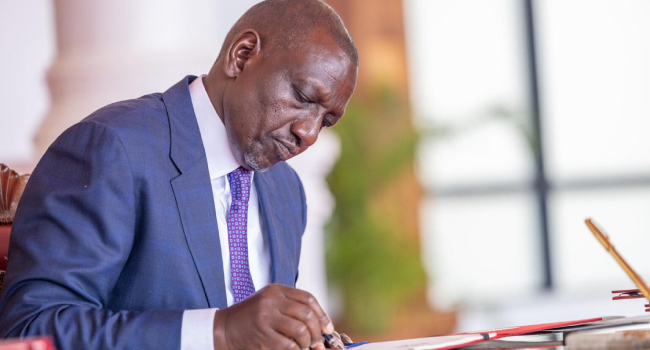A new report has shaken Nigeria’s social fabric, revealing that one in every four men who undergo DNA testing is not the biological father of the child in question.
The 2025 Annual DNA Testing Report by Smart DNA, Nigeria’s leading testing centre, shows that 25% of tested cases ended in paternity exclusion, only slightly down from 27% in 2024. Experts say this persistently high rate points to a “quiet social crisis” that is redefining family, trust, and relationships in the country.
The most striking finding is the fate of firstborn children—especially sons. A staggering 64% of firstborn boys tested had no biological link to their presumed fathers, making them the most likely group to return negative results. Firstborn daughters also recorded higher-than-average rejection rates, suggesting that early relationships, pre-marital pregnancies, or strategic partner choices may be influencing paternity outcomes.
“Behind every statistic is a human story—of doubt, betrayal, or relief. These findings are not just about science; they speak volumes about the emotional and economic realities of Nigerian families,” said Elizabeth Digia, Operations Manager at Smart DNA.
The report also reveals the growing impact of Nigeria’s mass emigration wave, with a 13.1% surge in immigration-related DNA tests for visa, dual citizenship, and family reunification applications. DNA, Digia noted, has become “a biological passport for Nigerian families seeking opportunities abroad.”
Other key highlights include:
-
Men driving the demand: 88% of all tests were initiated by men, mostly those aged 41 and above.
-
Children under scrutiny: 58.6% of those tested were under five years old.
-
Ethnic divides: Yoruba accounted for 53% of cases, Igbo 31.3%, while Hausa participation remained at a minimal 1.2%.
-
Peace of mind over courts: 83.7% of tests were private inquiries, with only 1.4% court-mandated.
Despite the widespread implications, Nigeria has no legislation on paternity fraud, leaving men without legal recourse after years of emotional and financial investment in children later proven not to be theirs.
Analysts warn that without urgent policy reform and open public dialogue, the issue will remain a hidden but devastating fault line in Nigerian society.
The report concludes: “DNA testing is no longer just a scientific tool—it is rewriting family history and forcing Nigeria to confront uncomfortable truths.”



